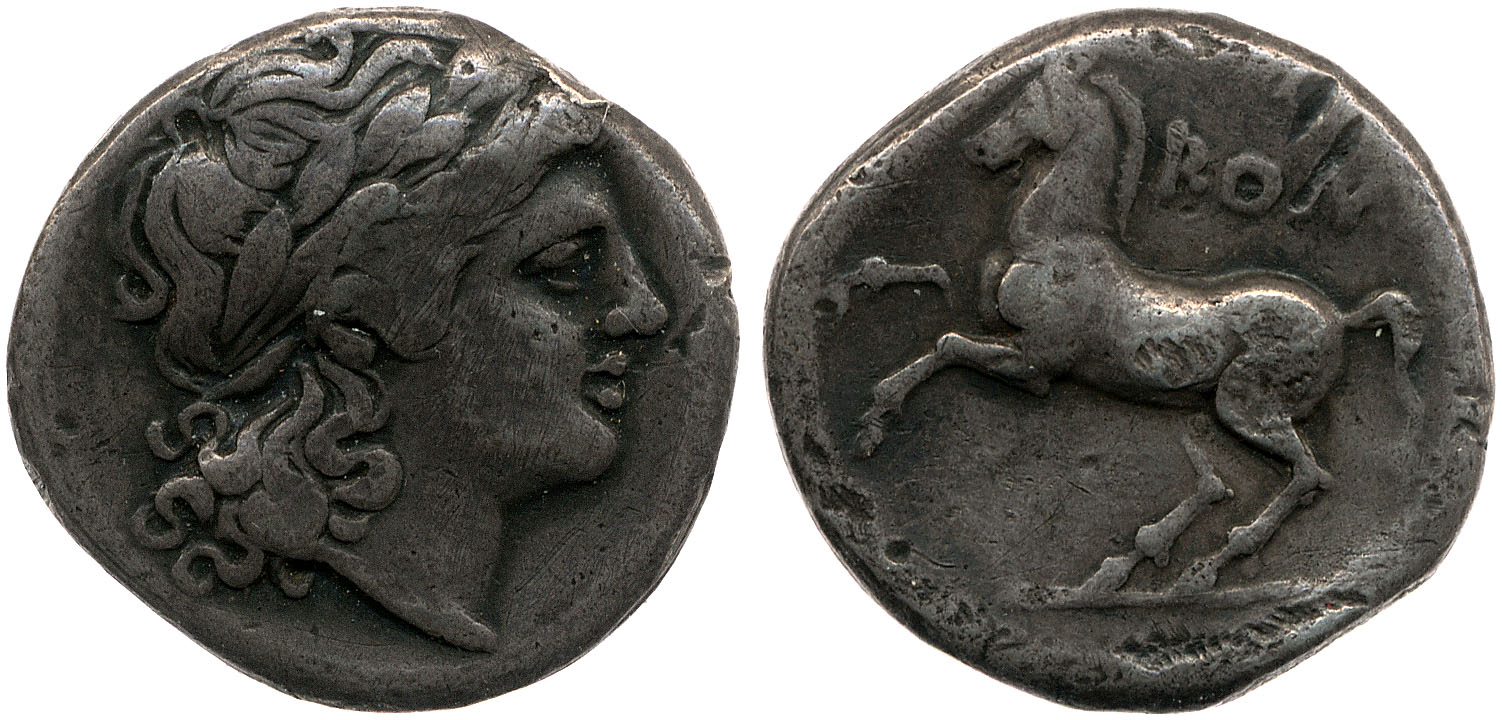CLU33211 Explaining the World

When Polybius of Megalopolis began to write his Histories in the middle of the second century BCE, he was inspired by the fact that his world – the Mediterranean World – seemed to have been completely transformed in the space of the last fifty-three years (220 – 168/7 BCE). The chief actors were the Romans, who had suddenly and comprehensively exerted their dominance. Polybius said that they had transformed the history of the Mediterranean from a series of independent stories to one universal story: Roman rule.
In this module we will examine this time period through the witnesses of this transformation (Polybius, Cato the Elder, and others), and through a series of frameworks they applied to try to understand it (religious, cultural, philosophical, and historical). The witnesses not only tried to explain the world as it now was – dominated by Rome – but tried to explain the Romans to the rest of the world. Who were they? How had they succeeded?
This period raises fascinating questions of cultural interaction and diversity, and of power, justice, and freedom. Through it, we will question how narratives are created and who they serve.
- Module Organisers:
- Dr Hannah Mitchell
- Duration:
- Semester 1
- Contact Hours:
- 27 (22 lectures and 5 hours of seminars)
- Weighting:
- 10 ECTS
- Assessment:
- 50% coursework, 50% exam
- Course Open To:
- Classics, Ancient History and Archaeology; JH Classical Civilisation; JH Ancient History and Archaeology; JH Classical Languages.
Learning Outcomes
On successful conclusion of this module, students should be able to:
- Interpret Plato’s dialogues in their historical, dramatic/literary and philosophical context as literary, philosophical and political works
- Evaluate the key intellectual influences on Plato’s thought and the form of his writing
- Evaluate Platonic answers to the question of how we should live in their original context
- Critique existing scholarly approaches to Plato

